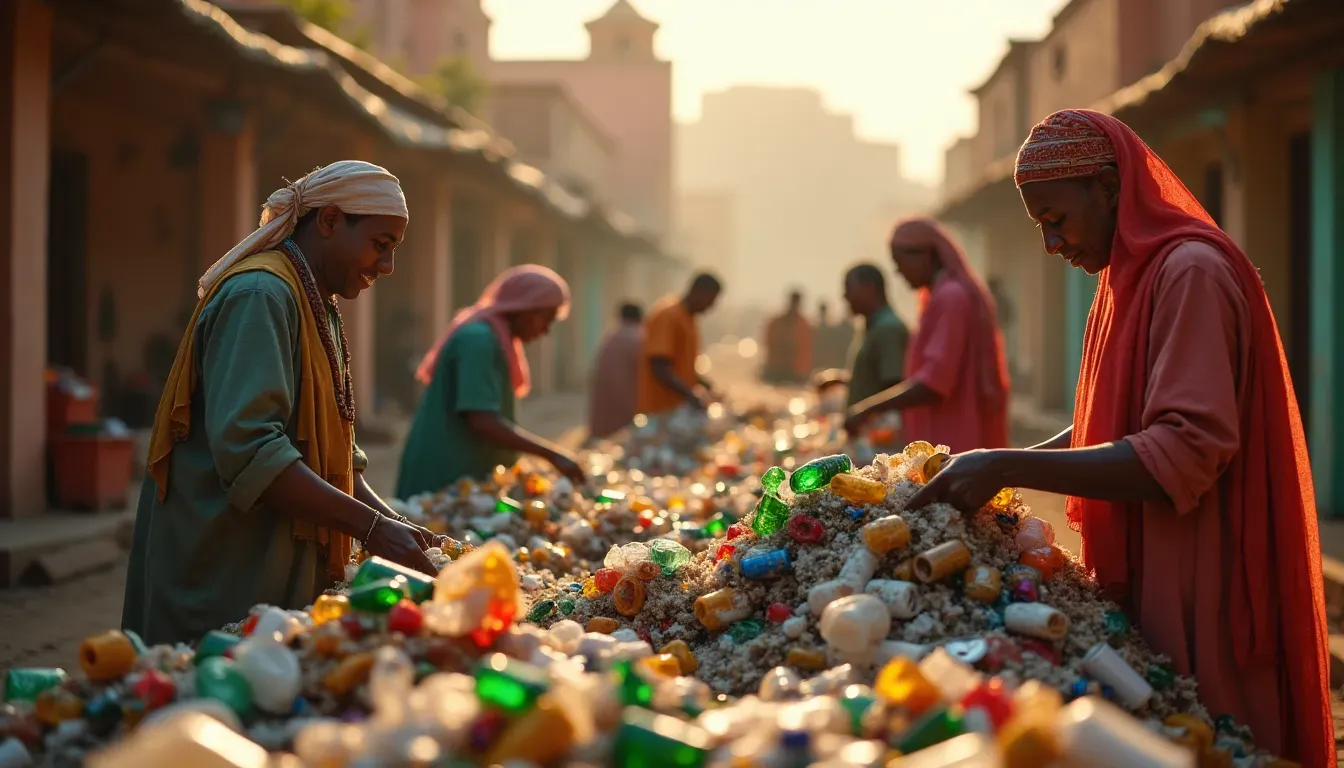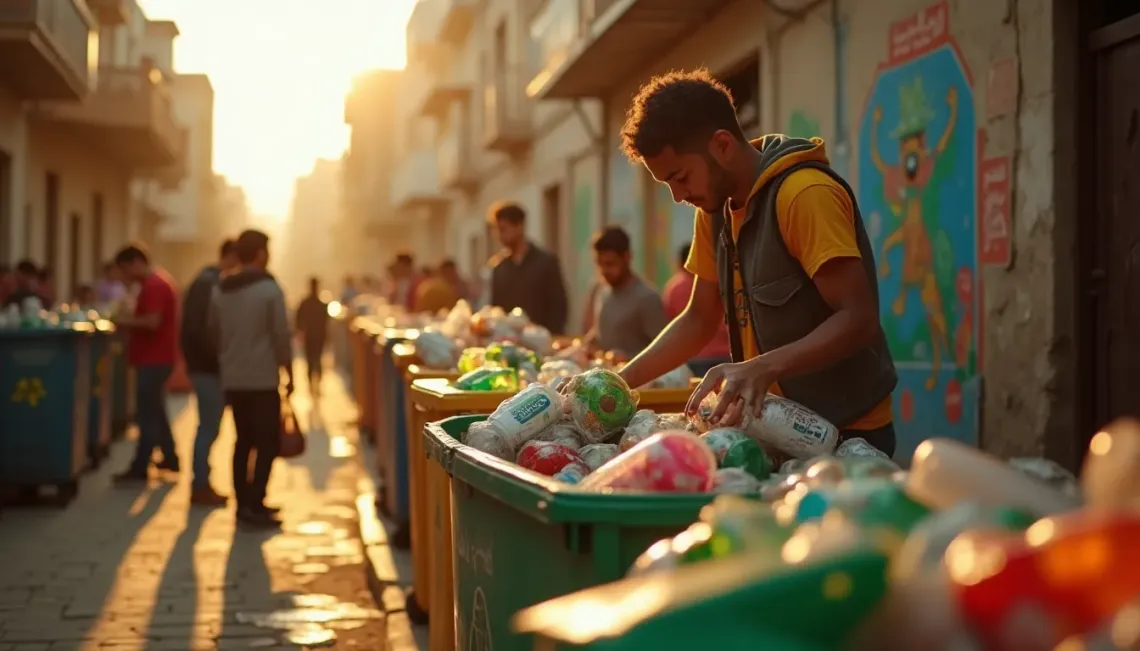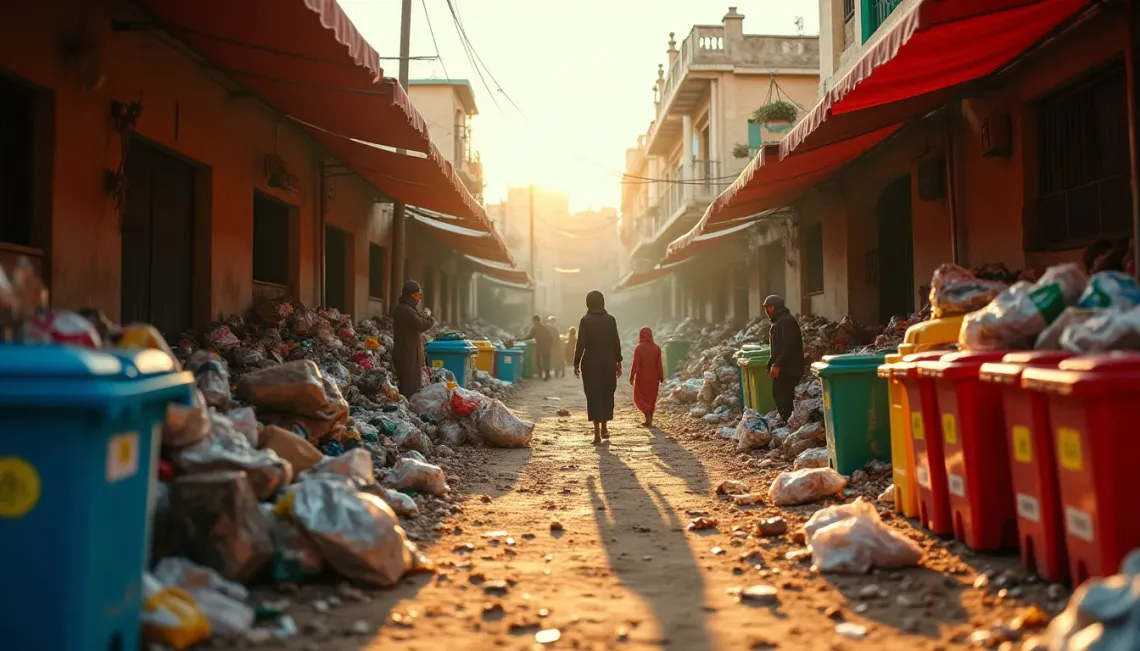Morocco is pioneering in turning waste management challenges into opportunities through effective recycling initiatives. The country's focus on community engagement has fostered a rising culture of sustainable practices, enhancing environmental awareness among its populace. This article delves into how these Morocco recycling initiatives are engaging communities and contributing to a sustainable future.
The Importance of Community Engagement
Engaging communities in recycling initiatives is a critical step in nurturing a culture of sustainability. By involving local populations, these programs not only educate but also empower individuals to contribute actively to waste management efforts. Such involvement ensures that recycling becomes a shared responsibility, fostering a collective approach to environmental awareness.
Developing Recycling Infrastructure
The Moroccan government, together with private entities, has prioritized the building of recycling infrastructure as a foundation for these initiatives. These efforts include:
- Setting up recycling centers across urban and rural areas
- Creating partnerships with local businesses for waste management solutions
- Investing in technology to streamline recycling processes
This infrastructure not only supports the physical aspects of recycling but also provides educational platforms for community engagement.
Educational Campaigns: Raising Environmental Awareness
A significant component of Morocco recycling initiatives is education. Programs are designed to inform the public about the benefits of recycling and how they can partake in sustainable practices. Schools and community centers are often used as venues for:
- Workshops on waste sorting
- Demonstrations of recycling processes
- Environmental impact seminars
These educational efforts have been critical in making recycling an integral part of daily life in Morocco.
Role of Technology in Waste Management
Technology plays a transformative role in enhancing recycling efficiency. The implementation of digital platforms allows for better waste tracking and management, reducing environmental impacts. Sensor-based systems for sorting waste, and apps for community members to schedule pickups or view recycling stats, are notable examples of tech-driven progress.
Policy Support and Sustainable Practices
Government policies have been instrumental in supporting recycling initiatives. Legislation promoting sustainable practices offers incentives for businesses and individuals to adopt environmentally friendly methods. Policies typically include:
- Tax benefits for companies engaging in recycling
- Regulatory standards for waste management
- Support for research and development in sustainable technologies
These policy frameworks ensure that recycling in Morocco is not just a trend, but a longstanding commitment to sustainability.
Related Topics for Further Exploration
Interested readers may wish to explore other areas impacted by recycling initiatives such as urban planning practices in Morocco or sustainable tourism efforts. By broadening their understanding, they can fully appreciate the multi-faceted impact of these community-driven initiatives.
In conclusion, Morocco's recycling initiatives underscore the vital role of community engagement in promoting sustainable practices and enhancing environmental awareness. Through strategic infrastructure development, educational outreach, and supportive policies, these efforts contribute to a greener, more sustainable future.




